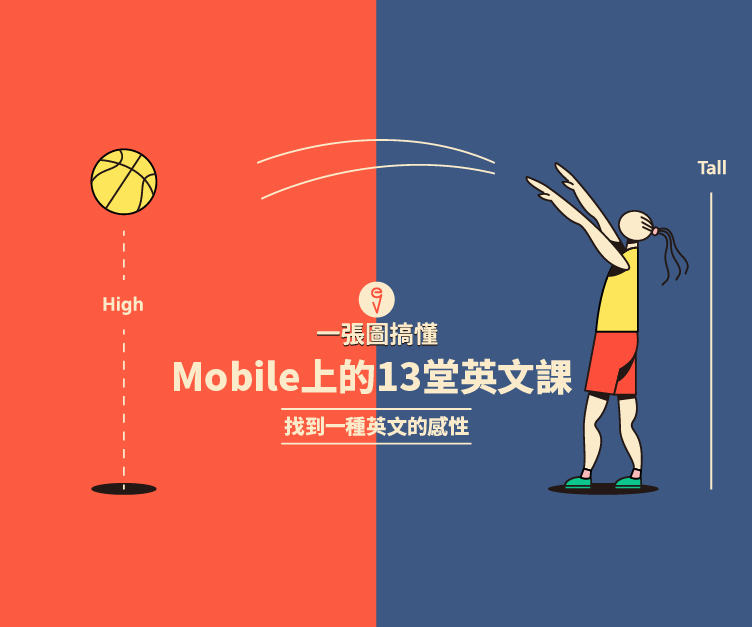16歲單親爸爸,電子報成功創業
閱讀暖身
美國企業家雄恩•巴克從小便具備生意頭腦,他白天去上學,晚上藉由割草坪、耙落葉來賺外快。如今他的The Newsletter Pro已在最快速成長的5,000家企業中拿下第120名。巴克如何從16歲單親爸爸變身為36歲大老板?進入本文前,請先想想如何表達以下單字:
(A) 初步嘗試
(B) 留客率
(C) 口碑
Founded by single dad Shaun Buck in 2011, The Newsletter Pro, a customized newsletter maker, has grown its sales nearly 3,000 percent, amounting to $3.1 million in 2014 alone. That performance landed Buck's company the No. 120 slot on last year's Inc. 5000.
專門為企業設計業務通訊的The Newsletter Pro公司,由單親爸爸雄恩•巴克於2011年創辦,營業額已成長近百分之3,000,光是2014年便達310萬美元。該公司去年因此在美國最快速成長的5,000家民營企業中,拿下第120名。
Buck's first (A) foray into entrepreneurship was a pair of hot dog stands, which did really well, generating nearly half a million dollars in gross sales a year. In 2001, he was also working his way into management at AT&T. But he had 1) been itching to run his own business, so he left a six-figure job to be the king of hot dogs.
巴克的首次創業嘗試,是經營兩個熱狗攤,成績斐然,每年總銷售額近50萬美元。他2001年同時還在AT&T電信公司上班,即將晉升管理階層。然而他一直渴望經營自己的事業,因而辭去年薪6位數的工作,成為熱狗大王。
When Buck came across a dry cleaning franchise, the company's monthly newsletter was what 2) reeled him in. It contained interesting stories about new franchise owners, marketing tips, etc. Whenever he got this newsletter, he would devour it. This led him to buy a franchise for $50,000, which was a huge sum to a 22-year-old Buck.
巴克無意中發現一家乾洗連鎖店,這間店每月電子報引起他極大興趣,內容包括分店老板的趣事、行銷秘訣等。他每次收到電子報,便會迫不及待地詳讀。他最後甚至還出資5萬美元來加入連鎖店,金額對當時只有22歲的他來說,可說是龐大數目。
In this franchise, they had to send out their own newsletter. At first, he wasn't exactly a believer, and his newsletter was boring and unorganized to say the least. Nonetheless, he eventually figured it out: People don't care about how their dry cleaning gets done. They really just want to be entertained. So, he put his newsletter right and started to see the results happening in his business--increased (B)retention and more (c)referrals.
加入連鎖店後,各分店必須寄出各自的電子報。一開始,巴克不大相信這有效,用「無趣」和「零亂」來形容他的電子報,一點也不過為。然而,他最後發現,顧客並不在乎衣服如何洗滌,他們只是想找些樂趣。從此他大舉充實他的電子報內容,結果留客率與口碑皆大幅成長。
When it came time to sell the dry cleaning company, Buck made a list of all the things that he enjoyed, that he was good at, and that he believed in. Unsurprisingly, “newsletters” took the number one spot. Today, what he actually sells are relationships. He prefers to do business with people he knows, likes and trusts. “You want to be in the life of your actual customer. You want them to know about you. You want them to connect with you,” says Buck.
打算出售乾洗店時,巴克列出所有他享受、擅長並信奉的事物。不令人意外的是,「電子報」名列第一。現今,他所銷售的其實是人際關係。他偏愛與他所認識、喜歡並信任的人們做生意。巴克表示:「你想要與顧客一同生活,你想要他們了解你,你想要與他們心連心。」
口語詞彙:
1. Be itching to do sth. 渴望做某事
itch原意為「發癢」,引申為內心對某事的渴望。
After taking a two-week vacation to Bali, Richard is itching to get back to work. 在峇里島度假兩星期後,李察渴望返回工作崗位。
2. Reel in sb./sth. 吸引某人/某物
reel原為釣魚竿上的捲線器,釣客發現魚兒上鉤時,便以捲線器將魚兒拉上岸。因此本動詞片語可引申為將某人或某物吸引過來。Car dealers have to work harder to reel in customers when the economy is in bad shape. 經濟不景氣時,車商必須更努力吸引顧客。
參考資料:http://www.inc.com
